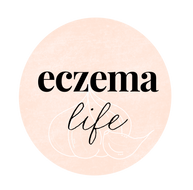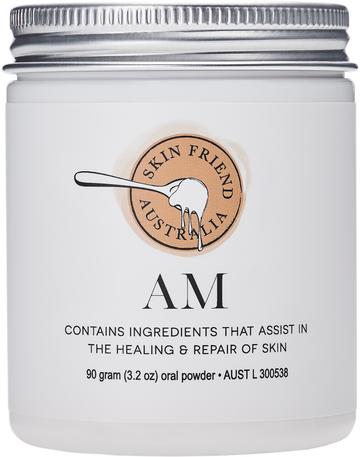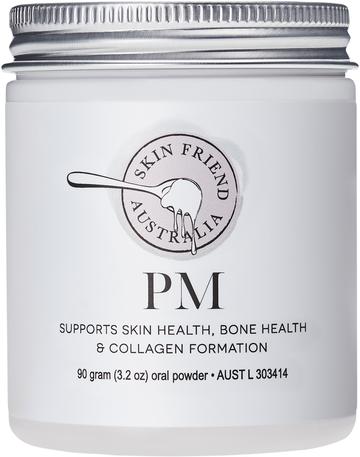Vitamin B6 as a natural antihistamine - dosages and food sources
Vitamin B6 is essential for healthy skin and a normal functioning immune system. It is a natural antihistamine with the ability to reduce histamine intolerance (along with vitamin C), making it helpful for people with allergies and histamine intolerance. Vitamin B6 helps the liver detoxify chemicals and it can reduce the toxic effects of salicylates, benzoic acids, food preservatives, monosodium glutamate (MSG), alcohol and heavy metals. Vitamin B6 is essential for normal fat metabolism and, as a result, a deficiency in vitamin B6 can raise cholesterol levels and cause fatty liver.
Vitamin B6: dosages and food sources
| Vitamin B6 (also known as) |
Supplement dosages (milligrams per day) |
Eczema-friendly food sources |
|
Pyridoxine Pyridoxamine Pyridoxal Pyridoxine hydrochloride Pyridoxal-5- phosphate |
Infants (AI) 0.1–0.3 mg from breastmilk or hypoallergenic (dairy-free) infant formula Children + teens 1–4 years: 0.5–3 mg Adults RDI: 1.3–2 mg Therapeutic: 6–10 mg |
150 g (5 oz) grilled salmon: 1.2 mg* 1 medium potato: 0.7 mg 1 cup cooked lentils: 0.45 mg |
AI: Adequate Intake as per Australian Government guidelines.
RDI: Recommended Daily Intake as per Australian Government guidelines, shown on the table as the lowest dose. The higher range covers the therapeutic range.
^Contains salicylates (not suitable during weeks 1–3 of the FID Program)
* Contains amines
Note: as B-group vitamins are acidic, avoid mega-doses above 15 mg. In order to prevent deficiencies of other B vitamins, take vitamin B6 in supplement form along with other B vitamins, not as a single supplement.
Products
At Eczema Life, we recommend nutritionist Karen Fischer's low food chemical program (The Eczema Detox) along with additive-free supplements for skin health and wellbeing. Click on the images to view more details:




